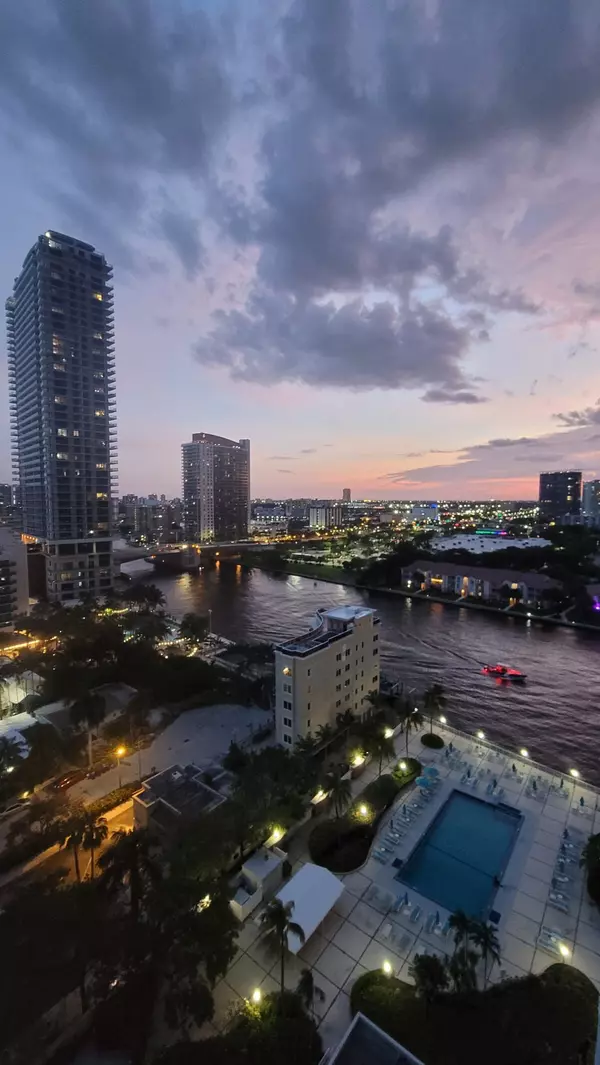New Florida Squatter Law
New Anti-Squatter Law Helps Protect Private Property Rights On July 1, 2024, new legislation will take effect to help homeowners remove illegal squatters from their property. It is intended to help owners reclaim their property quickly as long as certain conditions apply. The requirements for reques
Fannie Mae Changes Multi-Family LTV Ratios
During the weekend of November 18, 2023, (FNMA) Fannie Mae will be making some changes to the way their loans are underwritten. One major change pertaining to multi-family homes, is the (loan-to-value) LTV ratio, which limits the maximum amount to be financed. Currently, the LTV on a duplex is 85%,
Property Management Made Simple
Managing a short-term rental (STR) property, like an Airbnb or Vrbo, can require a lot of knowledge and preparation. Luckily, we pride ourselves on the extensive knowledge and experience it takes to successfully manage a STR. Let's break down the basics; Legal and Financial Setup:Firstly, you'll wan
New Legislation Restricts Foreign Buyers In Florida
On July 1, 2023 Florida Senate Bill 264 goes into effect, prohibiting Chinese citizens, along with foreign nationals of Russia, Cuba, Venezuela, Iran, Syria and North Korea, from owning or acquiring agricultural land, or any interest in real property within 10 miles of a military installation or cri

René Raymond
Phone:+1(561) 939-3511




